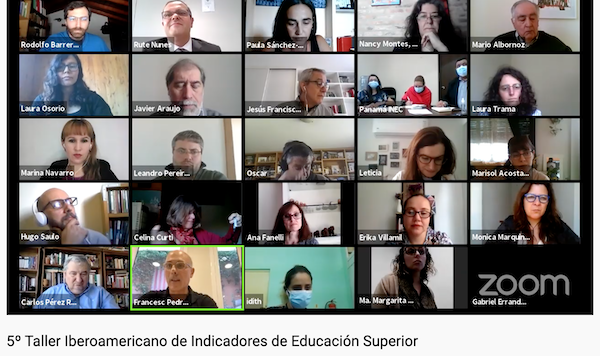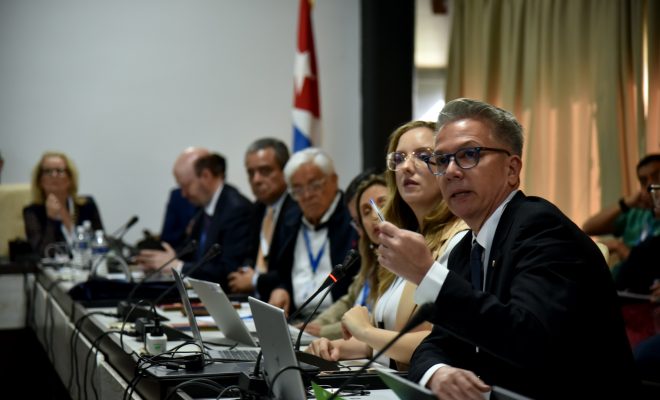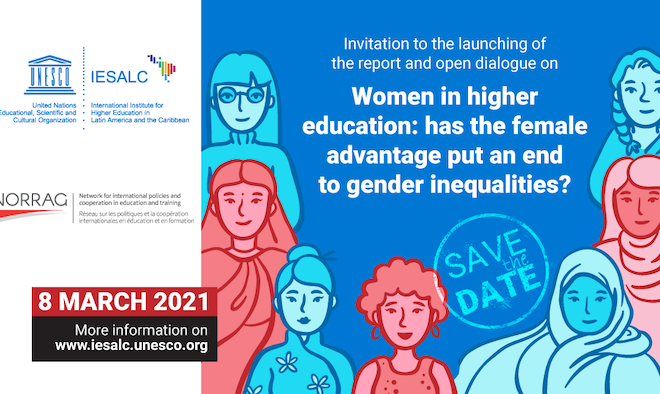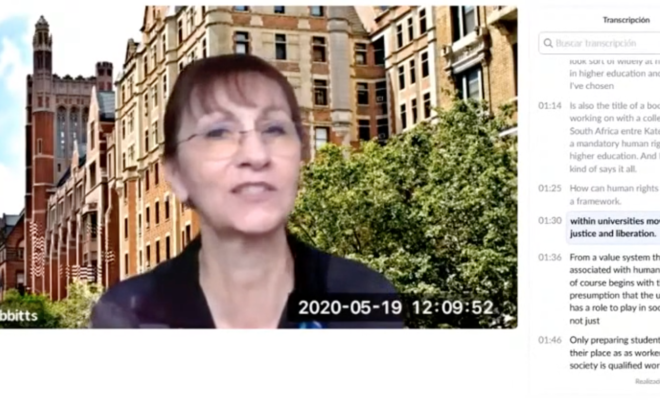Virtual forum the New Regional Convention: challenges and opportunities for its implementation

The recognition of academic studies and degrees is the process by which a competent authority of a country formally recognizes the value of the studies or of a degree conferred by a foreign country. This process involves full or partial recognition of higher education studies, degrees and diplomas awarded by other countries.
The first generation of academic recognition conventions was developed under the auspices of UNESCO in the 1970s and 1980s, with conventions covering Latin America and the Caribbean (1974), the Mediterranean (1976), the Arab States (1978), Europe (1979), Africa (1981) and Asia and the Pacific (1983). These conventions refer specifically to the recognition of qualifications rather than equivalence. Nevertheless, their operationalization tended to make foreign degrees equivalent to those awarded nationally.
The equivalence of degrees slowly became an untenable approach and was gradually replaced by “recognition” in the 1980s. Under this new approach, a foreign qualification need not be completely equivalent as long as it serves a similar purpose and provides the same rights as the comparable qualification in the host country. “Recognition” paved the way for this new approach to be considered best practice from 1990 to the present.
In an attempt to revitalize the conventions signed by States for the recognition of academic studies and qualifications, UNESCO advanced a new effort that has been called second-generation conventions. Among them, the Lisbon Convention (1997) stands out; it has been ratified by 56 countries and it already has a large number of subsidiary texts that exploit and expand them. In 2018, European Union education ministers committed to implementing automatic recognition in the European Higher Education Area by 2025.
In contrast to the progress made by Europe, Latin America and the Caribbean signed a New Regional Convention for the Recognition of Studies, Degrees and Diplomas in Higher Education on July 17, 2019 (Buenos Aires). This pact of wills was signed by twenty-three (23) States-parties and ratified by two (2) of them. Four (4) ratifications are required for the New Regional Convention to enter into force and become legally binding.
Why has it been so difficult to make progress in ratifying the New Regional Convention? What circumstances have prevented progress towards a framework of shared principles and practices that will guide the process of recognition of academic degrees conferred within the Region? What benefits would the ratification of the New Regional Convention and the development of subsidiary texts that would standardize evaluation processes have? What are the implications for university admissions officers, students, employers and the general public? Why is the New Regional Convention considered as a driving force in favor of intra-regional mobility?
These and other questions will be answered by the recognized authorities in the field María José Lemaitre (Chile) and Paulo Falcón (Argentina), in the Virtual Forum “The New Regional Convention: challenges and opportunities for its implementation” which will be held on May 4 at 9:00 a.m. Caracas time (GMT -4).
The event will feature welcoming remarks by Francesc Pedró, director of UNESCO IESALC, and will be moderated by José Antonio Quinteiro, coordinator of UNESCO IESALC programs.
This virtual session will be held in Spanish via Zoom through the following link
https://unesco-org.zoom.us/j/96857659442
Access code: 326852
RELATED ITEMS







